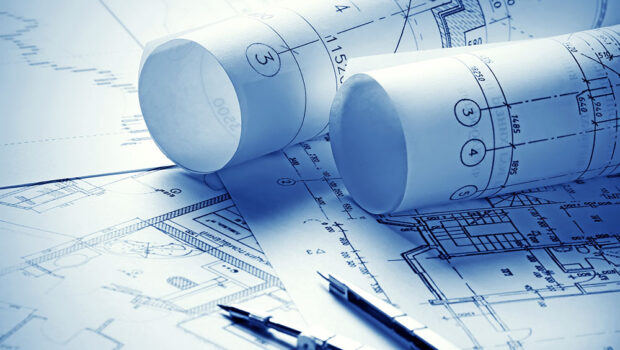Few human endeavors can match construction projects when it comes to sheer complexity. Even a small project requires a considerable investment in time and money, and relies on multiple groups working in sync to ensure the final structure remains within budget and doesn’t suffer preventable delays.
In order to accomplish this, every step of the project needs to be carefully planned by a team of specialized construction planners. By defining every aspect of the project and deciding on the most effective methods to complete them, these experts ensure that tasks are executed as efficiently as possible and that any problems that could derail the project are avoided.
In this article, the construction consultants from VERTEX will shed additional light on this topic by explaining the basics of construction planning that contractors and project managers perform and why it’s one of the most sought-after construction consulting services today. Keep reading to learn more.
What is construction planning?
Construction managers and contractors have professionals tasked with creating a plan to execute a project based on budget, available labor resources, and work schedule. A construction planner starts with project documents (ie., architectural plans), and has to synthesize the steps needed to achieve this result.
Broadly speaking, construction planners do the following:
They choose construction methods
“There’s more than one way to skin a cat” is a saying that perfectly applies to construction. Depending on the client’s budget and available technology, there’s a huge number of different methods that can be used to achieve the desired results in a construction project.
For example, a trench can be dug by a crew or by renting a mini-excavator. The planner’s decision on which method to use is affected not only by the budget, but also by time constraints and the nature of the construction site.
Defining work tasks and relationships
Construction managers organize work tasks by breaking down every major operation on the job into sub-activities. They then create a schedule that ensures these tasks can be completed in the correct order. For instance, drywall has to be finished before completing a floor, so these two tasks have to be scheduled accordingly to avoid downtime or other issues.
In addition to understanding the many different tasks involved in construction, a planner must also have a firm grip on the relationship between these tasks. While modern technologies can assist planners in accurately defining the tasks, the planners themselves still need to possess the necessary knowledge and experience.
Estimating activity duration and resource requirements
In order to determine how long any given task will take, a construction planner has to consider the size and type of the crew, labor efficiency, material requirements, and even less predictable factors such as weather and how responsive local jurisdictions are.
Once the activity duration has been determined in the project schedule, the planner often works with an estimator on the amount of resources needed for the task. These resources include material amount and equipment needs. From all the above information they can help organize logistics and the space for the activity.
Why is construction planning important?
Planning is one of the most essential parts of construction management. Even if it’s not written down or otherwise formally recorded, a well thought-out construction plan forms the basis for determining an accurate project budget and schedule.
As a project owner, you should always go out of your way to make sure your construction plan is developed by reputable and experienced professionals. To do otherwise is to risk severe delays and crippling inefficiency on the job site.





